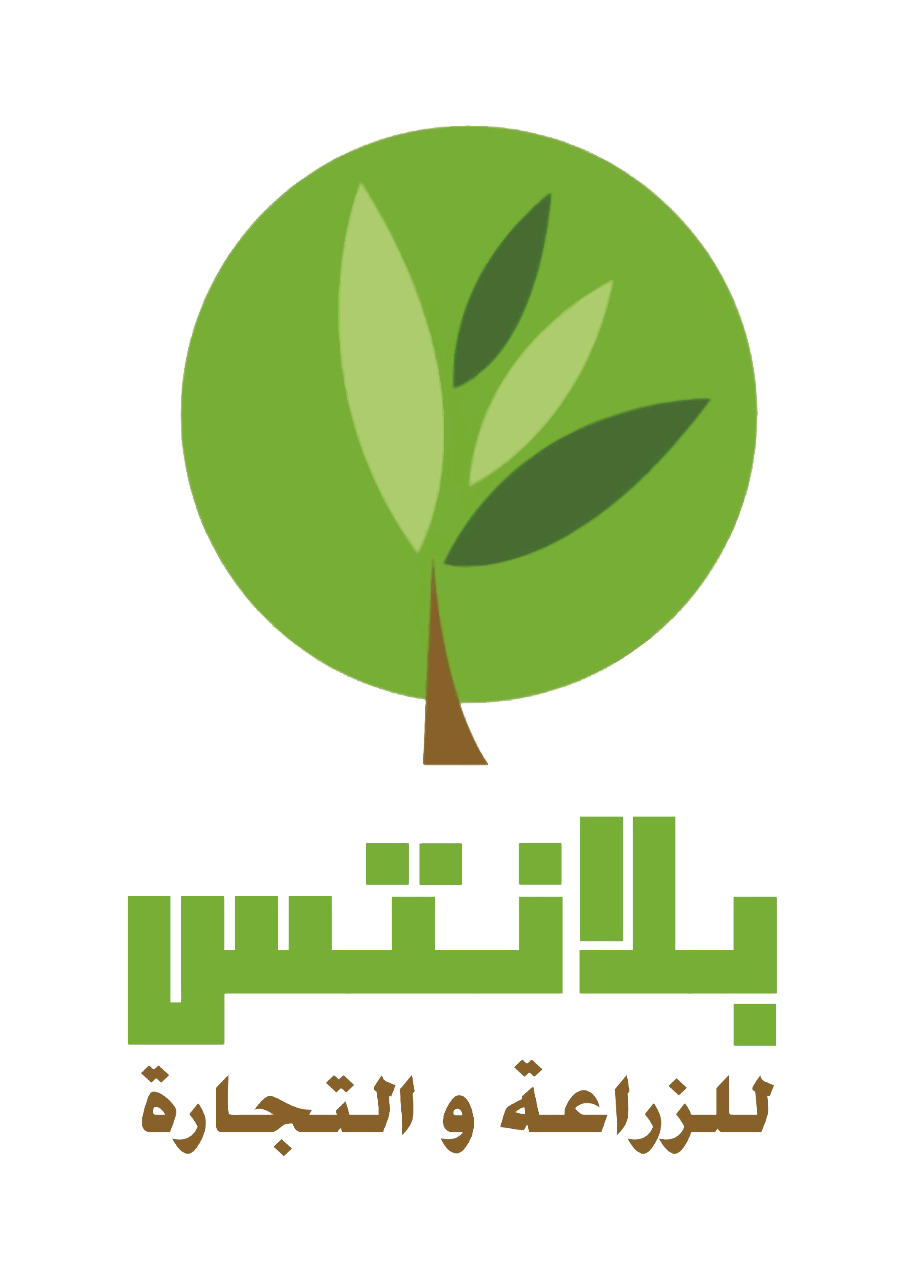- 20 Jul 2012
The Somalia famine - one year on
20 July 2012, Rome - Exactly a year ago today, the United Nations announced a state of famine in southern Somalia. The six-month crisis caused thousands of deaths and required a massive humanitarian aid programme before it was declared officially over on 3 February 2012.
Today Somalia is on the path to recovery but the situation remains critical and continued aid is vital in order to preserve food security.
Luca Alinovi, who heads FAO's operations in Somalia, warns: "By designing and executing a build-back-better process, we have seen communities get back on their feet in months. But the danger is that they could slide back into crisis, if we disengage now."
Serious danger
That danger appears all the more serious as the latest forecast from FAO's Food Security and Nutrition Analysis Unit in Somalia warns that reduced rains this year will lead to a below-average to poor harvest in many parts of the south, including the major sorghum-producing region of Bay. The area normally accounts for almost two-thirds of the total sorghum production of the country.
This could lead to a deterioration of the food security situation, currently classified as very critical in most parts of southern Somalia, despite the considerable humanitarian efforts deployed by FAO and other national and international actors. Some 3.4 million Somalis continue to receive support in the form of cash or food aid.
Meagre crop production is also likely in the central agropastoral zone following erratic and below normal rains combined with pest infestation with obvious implications on the food access of households.
Building resilience
FAO's aid strategy in southern Somalia has been to help farmers and herders build long-term resilience to drought and other emergencies in a region plagued by recurrent droughts.
The aid delivered by FAO to more than a million people was in the form of cash-based interventions that helped vulnerable communities to immediately buy food which, together with agriculture inputs and livestock health services, allowed people to remain in their places of origin. Fertilizers and improved seeds were distributed while 14 million livestock were vaccinated. The assistance enabled farmers in the regions of Bay and Shabelle to double their production of maize and sorghum last year.
"During the drought, we survived on one meal a day and could not even afford milk", said Fatuma Aden Abdirahman, a mother of eight who worked in a FAO cash-for-work programme in Gedo, southern Somalia "But now, I earn at least $18 a week and can afford all the three meals for my children and will soon replace the goats I lost in the drought," she added.
Aside from putting money in people's pockets, cash-based schemes also benefit communities in the long-term with better infrastructure. For example, in all 1 626 km of canals were rehabilitated, serving 82 231 farmers who are now able to benefit from irrigation and are no longer dependant on rainfed agriculture.
"There is also increasing need to build social safety nets to protect the most vulnerable if and when drought hits again in the future," Alinovi added. "Continued humanitarian support is of utmost importance".
